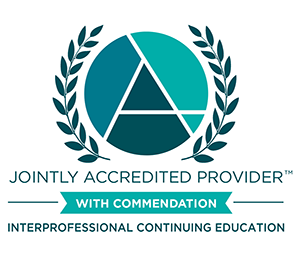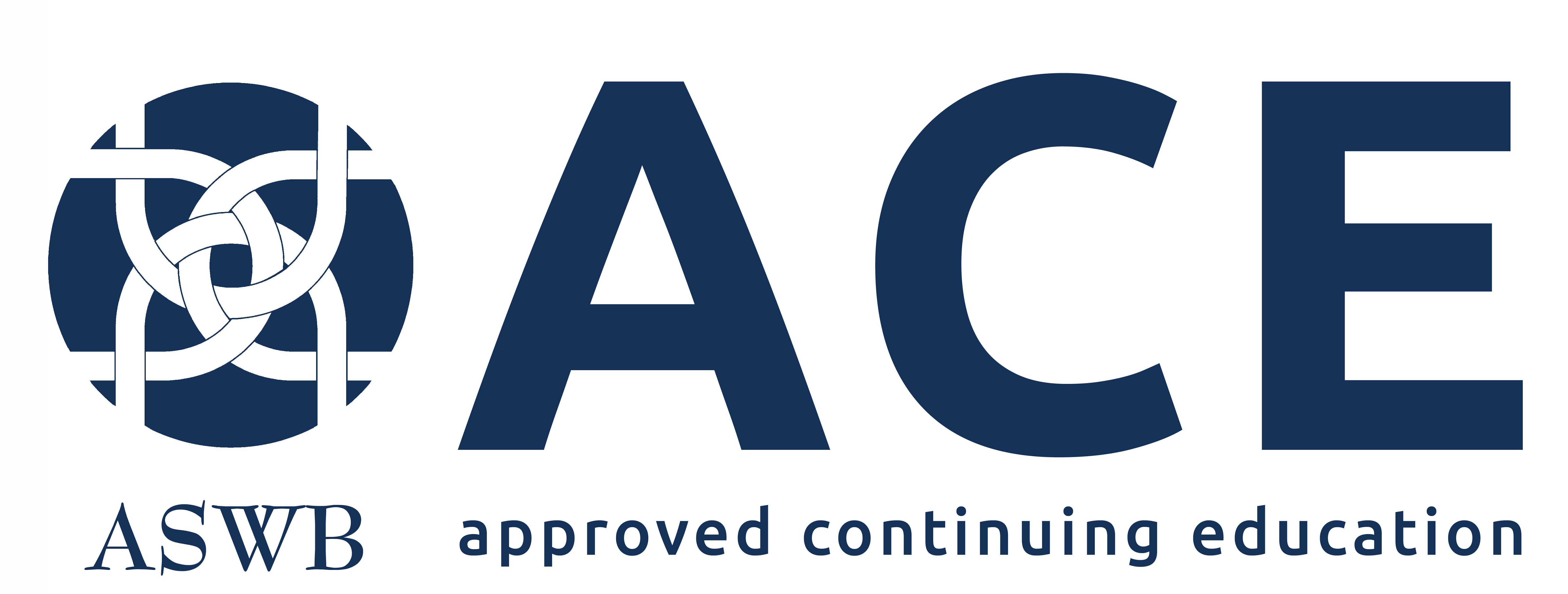- Nada Rashid
Series Overview
A number of common substance use disorders can be effectively addressed in primary care settings. Also importantly, hospitalized patients frequently have a substance use issue that may lead to or complicate their hospital stay. This educational series is designed to review and discuss important aspects of the assessment and management of patients who use alcohol and other drugs in general medical settings.
Intended Audience
MD/DO, RN, APRN, Physician Assistants, Social Workers, CSAC, Behavioral Health Providers, and Peer Recovery Services.
Planning Committee
| Randall Brown, MD, PhD, Chair | Nada Rashid, Coordinator | Christopher Nicholas, PhD | Maggie Williams, PA-C |
| Bobby Redwood, MD, MPH | Susan Mindock, MSW, RN, CARN | Molly McIntosh, SAC | Jill Lindwall, MSN, BSN, RN |
| Nadine Allen, MBA, CPHQ |
Accreditation
Accreditation Statement
 | In support of improving patient care, the University of Wisconsin–Madison ICEP is jointly accredited by the Accreditation Council for Continuing Medical Education (ACCME), the Accreditation Council for Pharmacy Education (ACPE), and the American Nurses Credentialing Center (ANCC) to provide continuing education for the healthcare team. |
Credit Designation Statements
American Medical Association (AMA) | |
The University of Wisconsin–Madison ICEP designates this live activity for a maximum of 1 AMA PRA Category 1 Credit™. Physicians should claim only the credit commensurate with the extent of their participation in the activity. | |
American Nurses Credentialing Center (ANCC) | |
The University of Wisconsin–Madison ICEP designates this live activity for a maximum of 1 ANCC contact hour. | |
AAPA Category 1 CME credit | |
| The University of Wisconsin–Madison ICEP has been authorized by the American Academy of PAs (AAPA) to award AAPA Category 1 CME credit for activities planned in accordance with AAPA CME Criteria. This activity is designated for 1 AAPA Category 1 CME credit. PAs should only claim credit commensurate with the extent of their participation. |
ASWB Approved Continuing Education (ACE) | |
| As a Jointly Accredited Organization, the University of Wisconsin–Madison ICEP is approved to offer social work continuing education by the Association of Social Work Boards (ASWB) Approved Continuing Education (ACE) program. Organizations, not individual courses, are approved under this program. Regulatory boards are the final authority on courses accepted for continuing education credit. Social workers completing this course receive 1.0 Clinical continuing education credits. |
Medication Access and Training Expansion Act (MATE) | |
These sessions are designed to meet the requirements outlined in the Medication Access and Training Expansion (MATE) Act. (Click here for more information.) Number of hours: 1.0. | |
Continuing Education Units | |
The University of Wisconsin–Madison ICEP, as a member of the University Professional & Continuing Education Association (UPCEA), authorizes this program for 0.1 continuing education units (CEUs) or 1 hour. | |
POLICY ON FACULTY AND SPONSOR DISCLOSURE
It is the policy of the University of Wisconsin–Madison Interprofessional Continuing Education Partnership (ICEP) to identify, mitigate and disclose all relevant financial relationships with ineligible companies* held by the speakers/presenters, authors, planners, and other persons who may influence content of this accredited continuing education (CE). In addition, speakers, presenters and authors must disclose any planned discussion of unlabeled/unapproved uses of drugs or devices during their presentation. For this accredited continuing education activity, all relevant financial relationships have been mitigated and detailed disclosures are listed below.
* Ineligible companies are those whose primary business is producing, marketing, selling, re-selling, or distributing healthcare products used by or on patients. The ACCME does not consider providers of clinical service directly to patients to be commercial interests.
Detailed disclosures will be available prior to the start of the activity.
Disclosures for Planning Committee
Competencies
ACGME/NURSING
Medical Knowledge
Practice-Based Learning and Improvement
Interpersonal and Communication Skills
Systems-Based Practice
NAM/NURSING COMPETENCIES
Provide Patient/Person-Centered Care
Employ Evidence-Based Practice
Population Health
CENTER FOR THE ADVANCEMENT OF PHARMACY EDUCATION (CAPE)
Communication
Educator
Interprofessional collaboration
Medication use systems management
Patient advocacy
Patient-centered care
Problem solving
Professionalism
Self-awareness
INTERPROFESSIONAL EDUCATION COLLABORATIVE COMPETENCIES
Values/Ethics for Interprofessional Practice
Roles/responsibilities
Interprofessional Communication
Teams and Teamwork
DIVERSITY, EQUITY, AND INCLUSION COMPETENCIES
Engage in Self-Reflection
Address Health Disparities
Additional Activity Goals
| JAC 19 | JAC 20 |
IP — Competence
As a result of participation in this educational series, members of the healthcare team will be able to
- Formulate treatment & prevention plans for patients engaged in risky and problem substance use
- Deliver appropriate preventive services to people who misuse alcohol and other drugs
- Select appropriate pharmacotherapy for patients who have an alcohol or other substance use disorder
- Collaborate w/ multi-disciplinary teams to identify community resources to facilitate health and recovery for people engaged in risky and problem use of alcohol and other drugs
- Identify sociodemographic factors contributing to the impacts of alcohol and other drugs and strategies to address resulting health disparities

 Facebook
Facebook X
X LinkedIn
LinkedIn Forward
Forward
